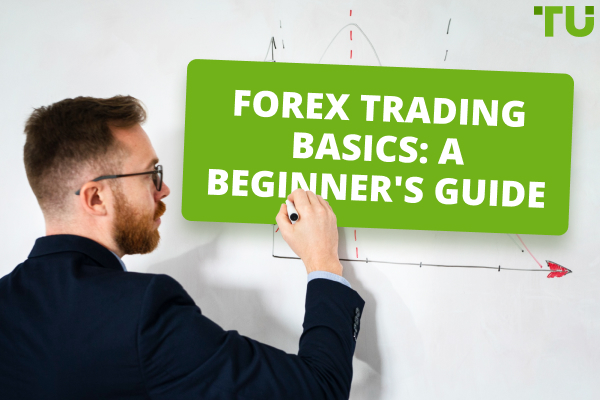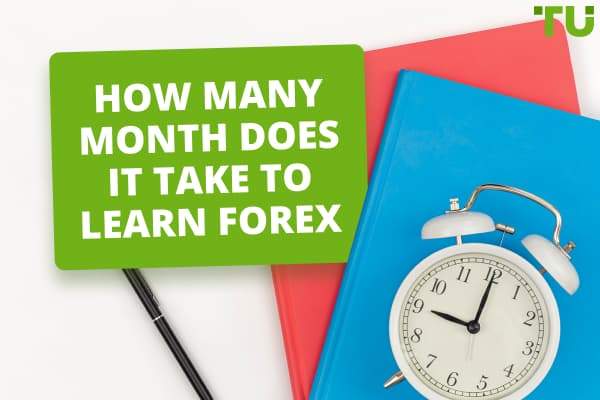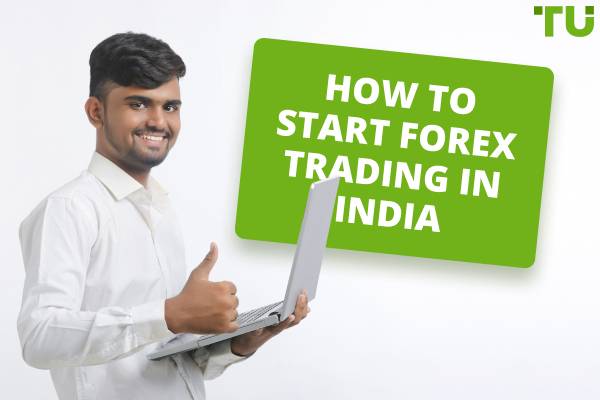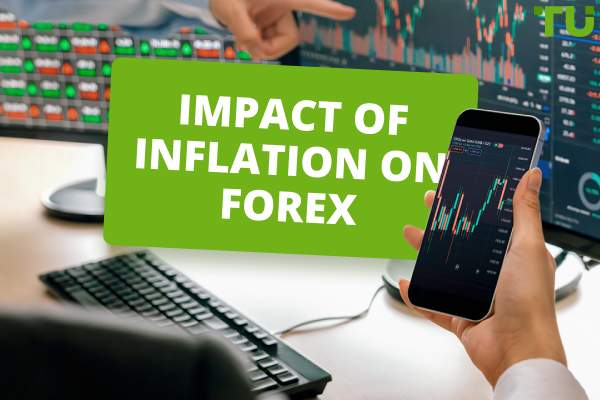Forex cent accounts
Unlike Forex no-deposit and demo accounts, you are required to make an
investment when using a cent account, albeit in tiny monetary amounts, such as $1-10.
The idea behind a cent account is that you trade in the real market with real
money, but you place your bets not in dollars, but cents. Likewise, all your profit is
reduced by 100 times. But all risks are reduced by the same amount. A cent account allows
you to experience the Forex market and realize what it means to risk real money, not virtual
money, or the money provided by a broker. It’s a psychological thing. People trade
differently when using their “own” “real” money, no matter how small the amount.
Cent traders report that they quickly develop a “need for greed”! But this is a
trading trait that must be conquered and controlled for long-term growth and success. Better
to learn that lesson using $10 vs $10,000.
Cent accounts allow you to more conscientiously work out real strategies, and this is the
last step on the way to opening a real “dollar” account. Usually, novice traders open a demo
account first, and after a couple of days or weeks, they open a cent account. Some brokers
allow you to use the starting bonus on a cent account, but this is rare. A trader often
deposits something in the region of $1 into a cent account and trains for a week or two.
Thereafter, they migrate to a dollar (standard) account.
👍 Benefits of a cent account
• Trading in the real market with real funds
• Unique practical experience
• Minimal risk (several tens of cents for the most unsuccessful bets)
👎 Disadvantages of a cent account
• Insignificant profit
• Quickly becomes boring
A cent account is ideal for self-studying Forex. But it gets boring in a snap
because the trader does not see significant profits or experience the “challenge” of risking
sizeable amounts of money. Typically, a cent account is traded for no more than one to two
weeks with active trading.
Novice traders do not always use all these opportunities. Some newbies, after a demo account,
immediately opens a dollar account. Some beginners who first work with a cent account,
believe that if there is not even a minimal risk, they will not be able to fully appreciate
the market's philosophy. It is all per the individual, but the result is the same: the
trader eventually opens a standard dollar account and begins his path to professional
trading and stable earnings.



































